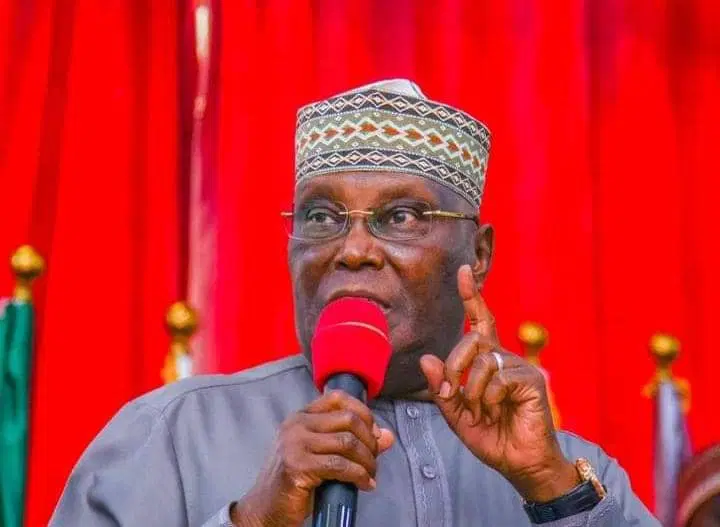Former Vice President Atiku Abubakar has criticized the proposed 2025 budget, saying it is inadequate to address Nigeria’s structural challenges.
In a statement on Sunday, Atiku noted that the N48 trillion budget, with a revenue forecast of N35 trillion and a deficit exceeding N13 trillion, represents a continuation of “business-as-usual fiscal practices” by the APC-led administration.
The 2025 budget proposes over N13 trillion in new borrowings, including N9 trillion in direct borrowing and N4 trillion in project-specific loans.
Atiku argued that this approach mirrors previous administrations and exacerbates public debt, increasing risks related to interest payments and foreign exchange exposure.
- Suspect dies in Kwara police custody after alleged torture
- Tinubu’s aide to youths: We’ve created opportunities to lift economic burden
The 2023 presidential candidate of the Peoples Democratic Party (PDP) highlighted several key issues with the budget which include weak budgetary foundation, high debt servicing costs, bloated recurrent expenditure, insufficient capital investment and regressive tax policies.
Atiku criticized the planned VAT increase from 7.5% to 10%, calling it a regressive measure that will worsen the cost-of-living crisis and stifle economic growth.
“The administration’s decision to increase the VAT rate from 7.5% to 10% is a retrogressive measure that will exacerbate the cost-of-living crisis and impede economic growth,
“By imposing additional tax burdens on an already struggling populace while failing to address governance inefficiencies, the government risks stifling domestic consumption and further deepening economic hardship.” Atiku said.
He said by imposing additional tax burdens on an already struggling populace while “failing to address governance inefficiencies,” the government risks stifling domestic consumption and further exacerbating economic hardship.
Atiku concluded that the budget lacks the structural reforms needed to address Nigeria’s economic challenges.
“To enhance the budget’s credibility, the administration must prioritize the reduction of inefficiencies in government operations, tackle contract inflation, and focus on long-term fiscal sustainability rather than perpetuating unsustainable borrowing and recurrent spending patterns,” he said.

 Join Daily Trust WhatsApp Community For Quick Access To News and Happenings Around You.
Join Daily Trust WhatsApp Community For Quick Access To News and Happenings Around You.


